Emiratos Arabes Unidos/Abril de 2017/Autora: Roberta Pennintong/Fuente: The National
RESUMEN: Los maestros con una licencia profesional de algunos países de habla inglesa tendrán acceso rápido a través del nuevo sistema de licencias. Los maestros, gerentes y directores licenciados de Australia, Canadá, Irlanda, Nueva Zelanda, Reino Unido, Estados Unidos y Sudáfrica pueden solicitar una exención del programa de Licenciatura de Maestros y Liderazgo Educativo. No tendrán que sentarse tras de los exámenes, saltando directamente a la etapa final de la concesión de licencias. «Sabemos que estos maestros son competentes, ya han aprobado sus licencias en un país que sabemos que tiene mucha integridad», dijo el Dr. Naji Al Mahdi, de la Autoridad de Conocimiento y Desarrollo Humano de Dubai. «Sabemos exactamente su sistema y ya hemos emparejado sus estándares con los nuestros», dijo el Dr. Al Mahdi, director de calificaciones de la autoridad. El sistema de licencias se extenderá a todo el país simultáneamente. Pero el Consejo de Educación de Abu Dhabi, que administra las escuelas públicas y regula las escuelas privadas del emirato, y el Ministerio de Educación, que supervisa las escuelas públicas de Dubai y todas las escuelas de los Emiratos del Norte, aún no han anunciado cómo se aplicará. Los maestros con calificaciones de los países seleccionados recibirán una licencia de enseñanza provisional que tendrá una validez de entre 12 y 18 meses.
Western Cape education MEC Debbie Schafer has been «disrespectful towards the rights of learners», said Judge Elizabeth Baartman in the Western Cape High Court on Tuesday, during arguments in the eviction case of the Grootkraal Primary School and church.
GroundUp reports that the new owner of the land, which is situated near the Cango Caves in Oudtshoorn, wants to evict the community from a portion of the farm that the community have, by their submission, used for some 185 years.
The school itself has been on the land for about 90 years. The community’s heads of argument asserts that the land that it uses «is the only place where the members of the community can get together as a group, it is the venue where all the community activities take place».
«The loss of the use of this land in effect will mean the loss of the Grootkraal community as an entity,» it states.
Baartman’s comments on the MEC’s response to the matter came after counsel for the school argued that the department failed to consult properly with the school about its possible relocation.
Both the community and the school are opposing the eviction. In a counter application to the eviction, the community is calling for the court to recognise its rights to the land, which the residents believe they have established through long standing use, or to develop the law itself to recognise these rights. Residents also want the court to register these rights against the title deed.
‘What if that was the NG Kerk?’
Advocate Anne-Marie De Vos, for the community – who are represented by Lawyers for Human Rights – said that she couldn’t find «real reason» why the owners opposed the community using the land.
«What if that was the NG Kerk? What if it were white children going to the school?» she asked, suggesting that if this was the case, the community would be allowed to continue using the land. She also called on the court to «recognise the injustices of the past».
The school wants the department to consider expropriating the land.
The department on the other hand, is not opposing the application for eviction. If the eviction is granted, the department wants to move to the school 17km away to land that currently houses a school in Oudtshoorn.
The Centre for Child Law is another respondent in the matter and also supports expropriation, as does the amicus curiae (friend of the court), Equal Education.
Problems began in 2010 when the land that the Grootkraal community had been using was sold and the school was granted a one year lease to continue operating.
When the lease expired, the department entered into negotiations with the owners of the land to extend the lease. After initially asking for rent of R32 000 a month from the department, they lowered this amount to R14 000. The department was only willing to pay R10 000.
Unable to reach an agreement, the owners sought an eviction order and the school was told that it was to close.
No engagement
Following this, the school interdicted the department from implementing the closure or relocating it without following proper consultations with the school, the governing body and the parents.
The department was also ordered to meaningfully engage with the owners to renegotiate a lease agreement.
Advocate Mushahida Adhikari, for the school and the school’s governing body, said that there is no evidence that the department complied with the order.
Adhikari highlighted the inability of the department to engage with the school about its future.
She said that the MEC needed to come to court to explain what the plan would be if the school was «relocated». She also pointed to the lack of action taken by the department while the case has been stalled over the past few years.
Responding to this, Baartman said that rural schoolchildren were the «stepchildren» of education. She said that the MEC seems to think that the court can order the relocation of the school and then the department will «make a plan».
«It is common sense, not a court in the land will do that,» a frustrated Baartman said.
‘Gross mischaracterisation’ of case
She questioned how the department came to their decision regarding the move.
«How did the department reach that decision? Was there any consultation with the school, [or] parents or was it just decided in a boardroom?» asked Baartman.
«With respect, it’s not business as usual,» she said.
Baartman said that the MEC had taken a «hands off approach». She also criticised the department for just «waiting for this case to finish» before it took action.
Advocate Ewald De Villiers-Jansen for the department, said that Adhikari’s version was a «gross mischaracterisation of the MEC’s case».
The department’s heads of argument state that following the owners’ application for eviction, the department erected a number of mobile classrooms on the grounds of the school that they were to be moved to and «undertook to provide the necessary transport» for the learners.
The department also says it upgraded the electricity and provided adequate ablution facilities.
Baartman said that in determining whether an eviction order is just and equitable she needs to know what the plans are for the children.
«I have evidence of a child getting up at 05:00. Does that mean child must get up at 04:00? [to get to the new school] What will this entail?» she asked.
Transport
She also pointed to the bad state of the roads and how negotiating these roads earlier when it is darker would be more difficult.
«What physically will happen on the ground, to say that it is just and equitable to evict these people?» she asked.
De Villiers-Jansen said that the department would provide transport for the children and that school could begin later so that children don’t need to wake up earlier.
As for the expropriation relief, he said that the court cannot compel the MEC to consider expropriation as this would be in breach of separation of powers. However, he said that the MEC may indeed consider this at a later date.
De Vos, for the community, said that given the facts, the owners are not entitled to an eviction order. She argued that the community had the right to use that land as they had used it for 185 years.
She said that there «cannot be one single person in this court in their heart that thinks it’s fair that the community must stop using that land».
De Vos insisted that the argument over exactly how big the piece of land that was used over the years or exactly what areas of the land were used, were «side issues». If need be, a surveyor could determine the extent of the land that they used.
Landless farmworkers
She said that it «shouldn’t be necessary for us to argue the justness of the community staying there». As a coloured farming community, like many others, they had used the land for years but had no rights, she said.
De Vos said that if the new owners of the land were prudent buyers they would have gone to the farm and inspected it themselves. There they would have seen signs for not just of a school, but also a church.
At this, Baartman said that the fact that there was a church on the land «should have made alarm bells go off» for the buyer. As for the suggestion that the owners wanted to bring wild animals onto the farm, De Vos said that a fence could be erected.
De Vos added that in all the farms in the Klein Karoo, there was not a single farmworker who was a landowner.
«It doesn’t exist. Why not?» she asked, saying that all the Grootkraal community was asking for was a church and a school.
The matter continues tomorrow.
Fuente: http://www.thenational.ae/uae/teachers-from-certain-countries-to-be-fast-tracked-through-uaes-new-education-licensing-scheme
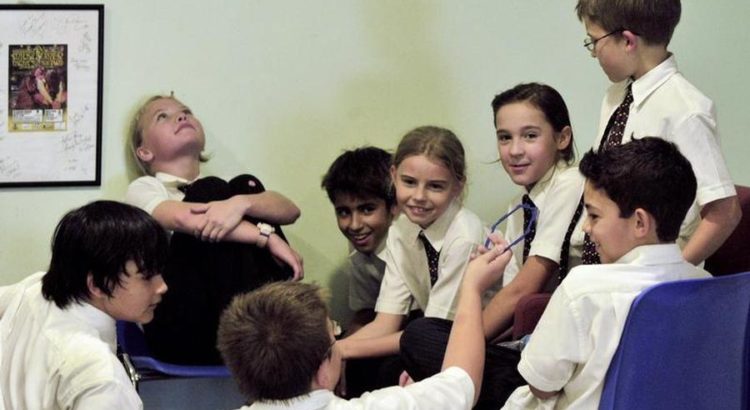
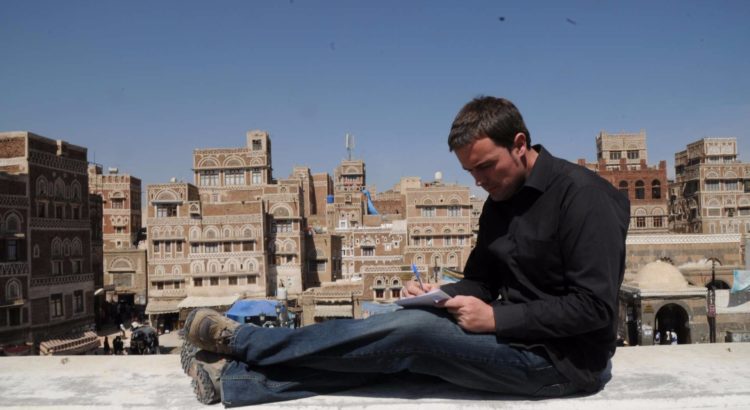
 Donald Trump va a mandar miles de soldados a Afganistán. Pero, ¿acaso les ha preguntado a los afganos lo que necesitan?
Donald Trump va a mandar miles de soldados a Afganistán. Pero, ¿acaso les ha preguntado a los afganos lo que necesitan?

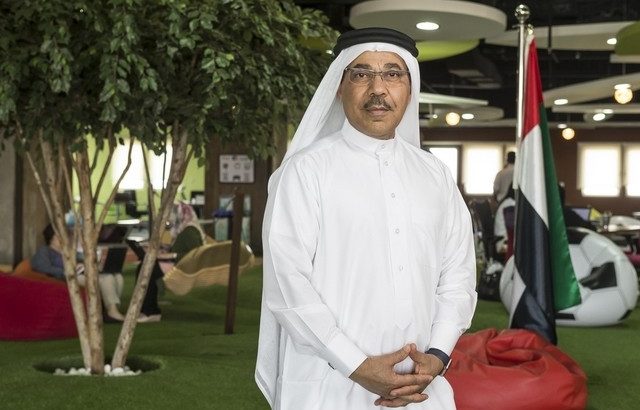

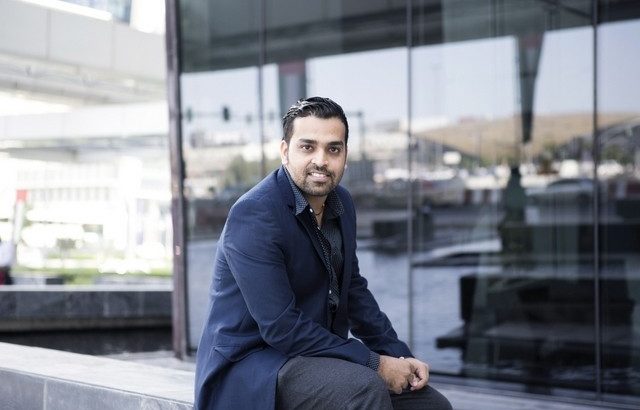
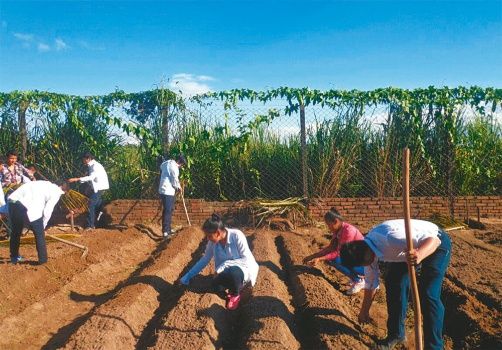
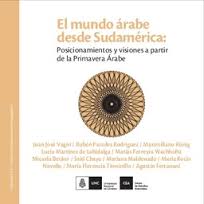






 Users Today : 69
Users Today : 69 Total Users : 35403262
Total Users : 35403262 Views Today : 92
Views Today : 92 Total views : 3332531
Total views : 3332531